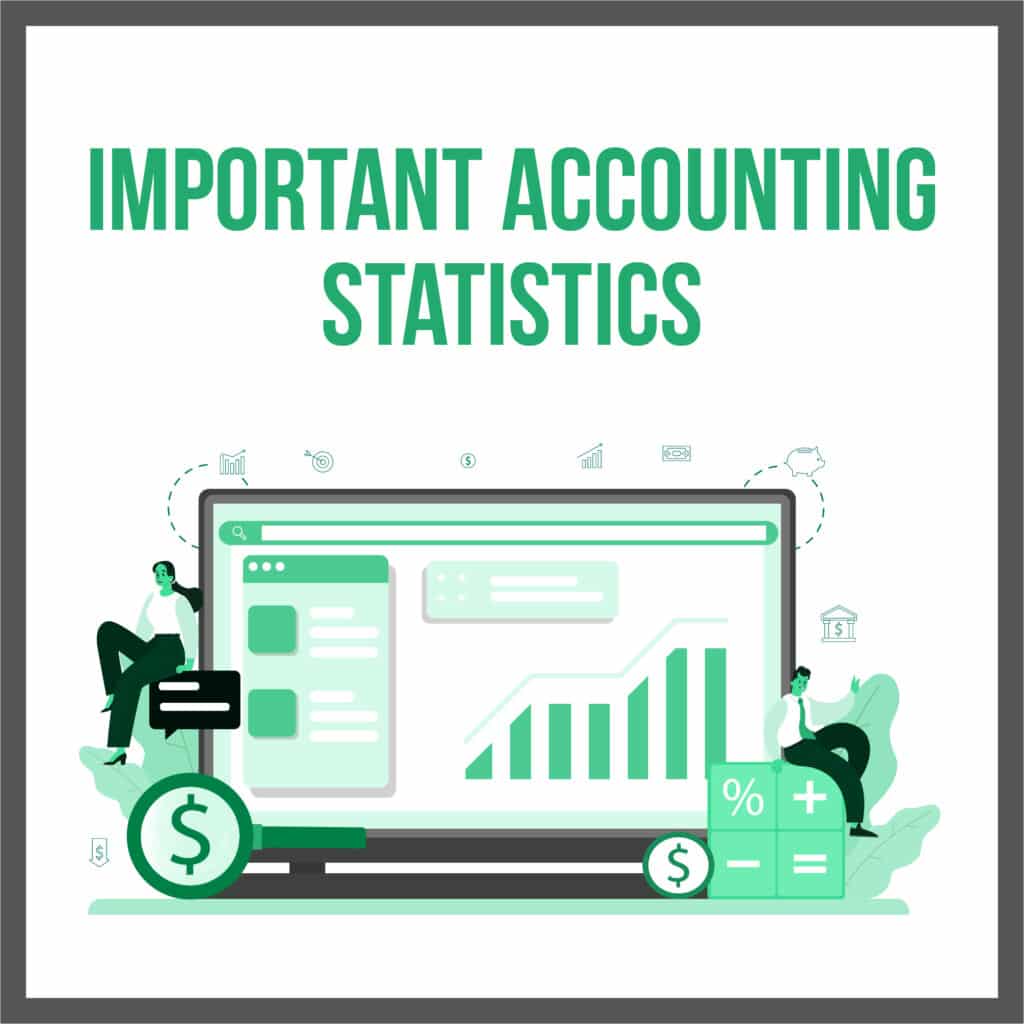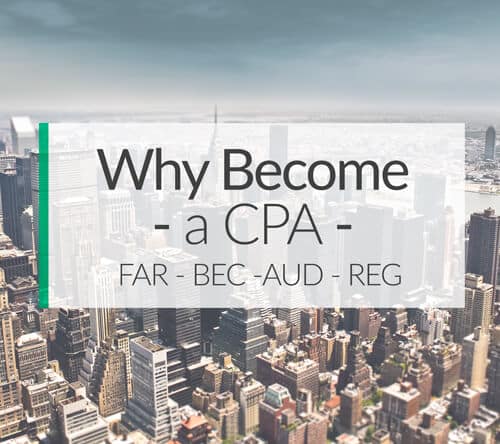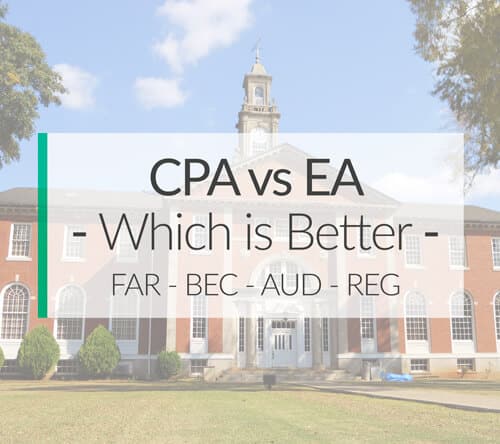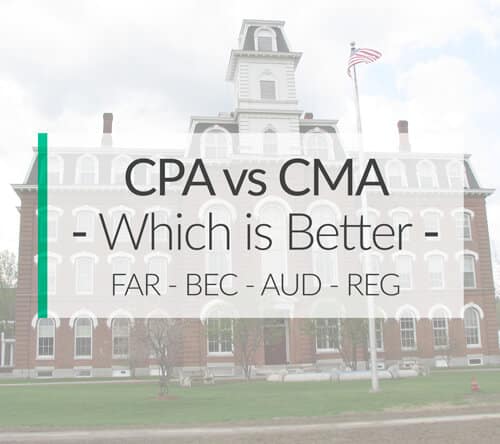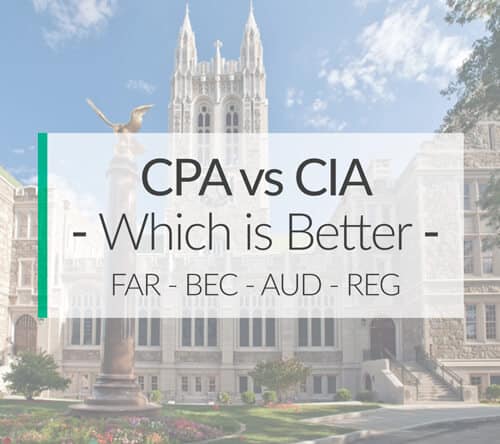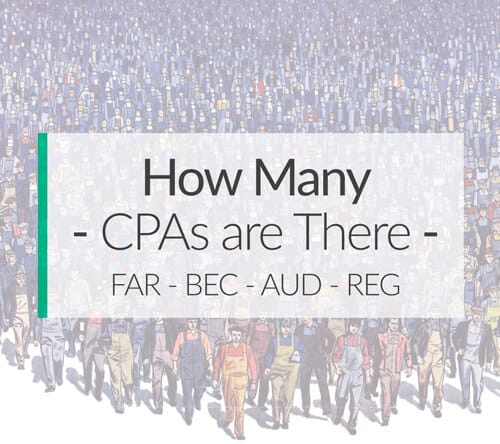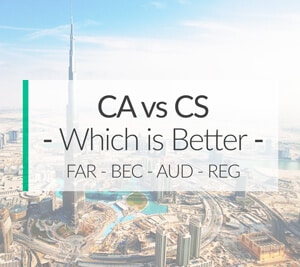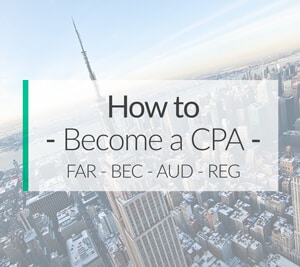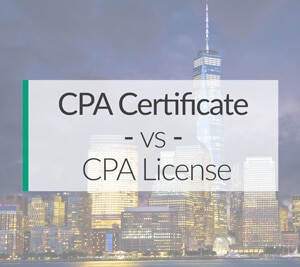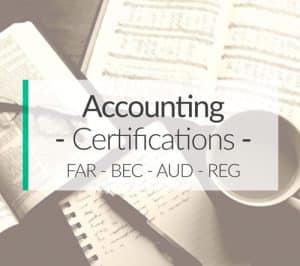
There are a ton of different accounting certifications that financial professionals can use to enhance their careers, achieve promotions, and get pay raises.
Each of these accounting designations is slightly different and have a different career focus. Therefore, depending on what you want your career to look like, some of these might be the best accounting certifications for you and others won’t be a good fit. Likewise, you might find that it’s advantageous to have more than one of these credentials behind your name.
- 1.Becker CPA Review Course: Rated the #1 Best CPA Review Course of 2025
- 2.Surgent CPA Prep Course: Best Technology
- 3.Gleim CPA Review Course: Largest Question Bank
Here’s a list of the best accounting certifications:
- Certified Fraud Examiner (CFE)
- Certified Government Auditing Professional (CGAP)
- Certified Bank Auditor (CBA)
Let’s talk about a few of these and see which one is right for you.
Top Accounting Certifications
First, let’s look at an overview of all the main certifications and point of a few of their differences. Here’s a chart with the examination requirements and qualifications needed for each.
| CPA | CFA® | CMA | EA | CIA | |
|---|---|---|---|---|---|
| Bachelor Degree | Yes | No | Yes | No | No |
| Accounting Courses Required | Yes | No | No | No | No |
| Exam Dates per Year | 4 windows (9 months) | 1-2 times per year | 4 windows (6 months) | Year round | Year round |
| Exam Length | 16 hours | 18 hours | 8 hours | 12 hours | 6.5 hours |
| Number of Exams | 4 | 3 | 2 | 3 | 3 |
| Estimated Costs | $1,500 | $3,750 | $1,750 | $1,500 | $1,500 |
Certified Public Accountant (CPA)
The Certified Public Accountant credential is the oldest and most respected accounting designation in the profession. CPAs are known and respected across all industries because the CPA license is the most popular and useful certification in the accounting industry. Essentially, you can think of this as the gold standard. Everyone knows what it is and everyone respects it. This is the mother of all certifications. Additionally, it also has very unique capabilities.
Unlike other certifications, CPAs are the only accountants who are licensed by state governments and allowed to write audit reports and give opinions on publicly traded company financials. Also, CPAs can also sign tax returns as paid preparers and represent clients in front of the IRS.
CPAs can also do all of the same tasks and jobs that other certifications can do. This of the CPA as a general certification and the others are more specialized certifications. CPAs can do it all.
To become a CPA, you will have to take and pass all four parts of the AICPA uniform CPA exam along with fulfilling the education and work experience requirements of your state.
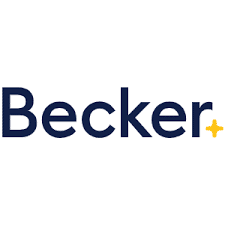
Extended Sale – Enjoy $1,331 Off Becker CPA Pro+

Extended Sale – Take $1,330 Off Becker CPA Pro

Enjoy $1,050 Off Gleim CPA Premium Pro Course

Extended Sale – Get $1,000 Off Becker CPA Concierge

Take $629 Off Surgent CPA Ultimate Pass

Becker CPA: Interest-Free Payment Plan – Deal

Becker Deal: Save on CPA Single Part Courses

Get CPA Evolution Ready Content on All Becker CPA Courses – Deal

Becker CPA Advantage Package Now $2,499 – Promo

Enjoy a 14-day Free Trial on Becker CPA Courses

Exclusive Offer – 30% Off Lambers CPA Course Package
Chartered Financial Analyst (CFA®) Designation
The Chartered Financial Analyst designation is meant to train you and prepare you for a career in the finance and investment world. Although it has applications beyond that like in company management, most CFAs® are finance professionals working on Wall Street or for a hedge fund/investment fund.
A CFA® Charterholder is not as popular in the industry as the CPA is in the United States, but in Europe and China, this designation is much more popular. Furthermore, it helps train people to think analytically about finance, investing, and how businesses operate. This makes CFAs® great controllers and CFOs.
The CFA® exam is administered by the CFA® Institute. The exam process is much longer than the CPA exam because it is only tested one to two times each year depending on the level you are sitting for. Additionally, the total exam time is also longer and costs more than the CPA exam.
This is a good certification for you if you’re looking to get into the world of finance and investing. If you want to do tax preparation or auditing, this isn’t the certification for you. You’d be better off with a CPA.
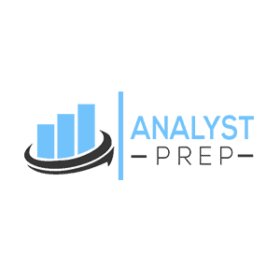
20% Off Analyst Prep CFA & FRM Courses
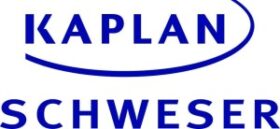
Get 15% Off Kaplan CFA Review Course

Enjoy 15% Off Kaplan CFA Review Course

Enjoy 30% Off Analyst Prep CFA & FRM Courses

Save 30% Analyst Prep FRM Courses
Certified Management Accountant (CMA) Certification
The Certified Management Accountant designation specializes in company accounting management. This is a topic that the CPA exam doesn’t really even cover. Thus, it makes these candidates great for internal management and executive level roles in companies. For example, a CMA makes a great COO or CFO.
This certification is not that great for public accounting, however. It doesn’t train or certify you to perform audit procedures, write reports, or do any type of tax work. It’s strictly focused on management. Thus, if you wanted to become an executive level officer in a Fortune 500 company, this would be a good certification to get.
The CMA exam is about half the size of the CPA exam and is administered by the Institute of Management Accountants (IMA). It has very specific and stringent requirements to sit for the exam such as: a bachelor’s degree with proper amounts of educational credits in specific subjects. You will also need to fulfill at least two years of work experience before becoming certified.

Extended Sale – Take $990 Off Becker CMA Pro

Take $600 Off Surgent CMA Ultimate Pass

Get $540 Off Gleim CMA Premium Course
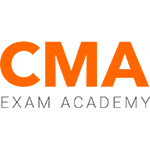
Save 20% on CMA Exam Academy Review Course

Becker CMA Advantage on Sale at $1,599

Try Becker CMA Free Demo

No Interest Payment Plans on Becker CMA – Deal

Sale – Becker CMA Exam Part 1 Now $899

Deal – Becker CMA Exam Part 2 Now $899
Enrolled Agent (EA) Certification
The Enrolled Agent certification is a credential created by the IRS to demonstrate one’s knowledge of the US tax code and the ability to apply its concepts. Ultimately, this designation is specifically focused on US taxation of all entity types: individuals and corporations. That being said, this designation does not educate you on any finance, auditing, management, or other business topics. It’s strictly a tax certification. If you have this, you know taxes.
Thus, if you want to go into either tax preparation or internal tax work for a company, this would be a good credential to go after. Keep in mind that all public accounting firms will want you to have your CPA over your EA anyway. If you want to work in public accounting, your CPA is almost a requirement. However, Enrolled Agents do have several privileges that CPAs have long enjoyed. For example, EAs can sign tax returns as paid preparers and represent clients in front of the IRS. Therefore, this makes the credential somewhat useful in public accounting. However, most states have additional laws for public firms that restrict ownership and authority to CPAs.
This credential is ideal for a tax professional who doesn’t meet the educational or experience requirements to sit for the CPA exam. It allows them to have many of the same rights as CPAs without the certification.
If you want to become an EA, you will have to take the enrolled agent exam administered by the IRS. The exam consists of three parts and is 12 hours long.
Certified Internal Auditor (CIA) Certification
The Certified Internal Auditor designation is strictly for compliance officers and auditors. CIAs typically work for large companies performing audit procedures and helping independent auditors do their jobs.
This certification requires completing the three sections of the CIA exam totaling 6.5 hours of testing. If you don’t want to continue a career in auditing, this certification isn’t for you.
Common Accounting Certification Questions
All of these certifications are difficult to obtain. All of them have lengthy exams and qualifications that must be met in order to become certified.
That being said, the one with the shortest exam and least amount of requirements is the CIA designation. This is also the most limited accounting credential.
There is a lot of speculation about which accounting certification is the most difficult. I think it is tied between the CPA and CFA®. Both have strict requirements to sit for the exam and both have extremely difficult exams.
These two credentials are also the most respected and most useful credentials on the list.
This is a common question for many accounting professionals. Guess what? It depends. 🙂 It depends on your career path and your specialization. For example, if you have your CPA license and you want to get into finance and investing more, a CFA® designation is a logical choice. Although, you don’t need it, it will help your career.
If you aren’t planning on specializing in any particular area, I would suggest just getting your CPA license. This is the most recognized and useful accounting certification. Here is more information about the following combinations:
CPA vs EA – CPA vs CMA – CPA vs CIA
Again, getting your MBA depending on your career path and where you want to be in the future. An MBA will help you attain higher management roles in corporate America. It will also cost you a lot of money.
Since most states require at least 150 credit hours to obtain your CPA license, it does make sense get an MBA to fulfill those extra hours. Some employers will also help pay for your graduate tuition. If this is the case, you should definitely get your MBA. If not, you can do without it.
Keep in mind, a CPA-MBA combo is pretty much an unstoppable combination. Here’s more info about the combination of the two: CPA vs MBA
Ultimately, there isn’t one absolute best accounting certification. They’re all good for different things. However, the CPA credential is by far the most respected and most widely used certification. Hence, if you’re going get just one, I would recommend the CPA.
Now that you’ve made up your mind about if you want to become a CPA, it’s time to start studying. 🙂 Here’s a list of the top review courses that you can use to pass the exam.


